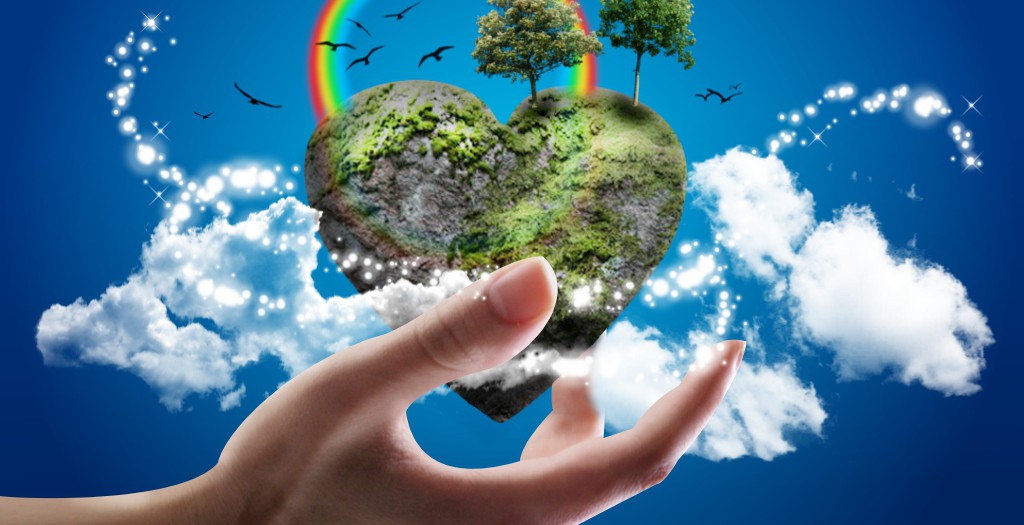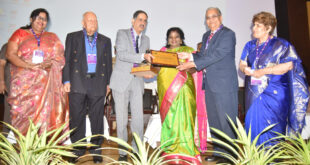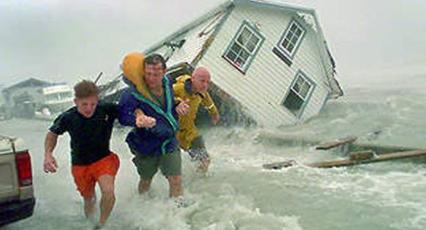
By 2050, weather as we know it will be unpredictable. Summers will be warmer, winters cooler and storms dramatically devastating. Millions of people will be left with no choice but death due to natural calamities, rising sea levels, unprecedented extreme weather swings, storms, droughts and floods.
Beautiful countries like Maldives will be engulfed by deep waters, birds will have died, wild life would perish and humanity will witness the fate cogently projected in Hollywood movies like “The Day After Tomorrow”, “”2012” or “The Day The Earth Stood Still”.
But unlike in these million-dollar movies, there is no instant holocaust to the curse called climate change. Humanity, even with all its technological advancements, is slave to nature’s ways, and violent unethical aberrations in the greed to mint money have turned our industries into the cigarettes for earth, diffusing so much poison in earth’s atmosphere that it has staked our very existence in the future.

The biggest problem that lies before us is “CLIMATE CHANGE”. It’s already happening and is one of the biggest economical, social and environmental problems threatening not one or two but billions of living beings on earth, including animals!! Apparently, jeopardizing the only planet capable of supporting life.
While the risk has been learned and assessed, one of the biggest obstacles to making a start on climate change is that it has become a cliche even before it’s understood. Google “CLIMATE CHANGE” and thousands quotes, articles, and various definitions of the word from eminent personalities ranging from scientists to presidents of various countries dot the screen. So climate change is “a long term change in the EARTH’S climate, especially a change due to an increase in the average atmospheric temperature.”
As India marches broad-shouldered on the avenues of development and progressive growth, there is an increased consumption of electricity and power with pollutants both by individuals and industries working to quench the eternal thirst for man’s modernzation. The realization of its hazardous consequences, however lies in inertia, perhaps waiting to be set in motion by a deadly aftermath such as the boiling heat wave that left over 2300 people dead in India in just the summer of 2015.
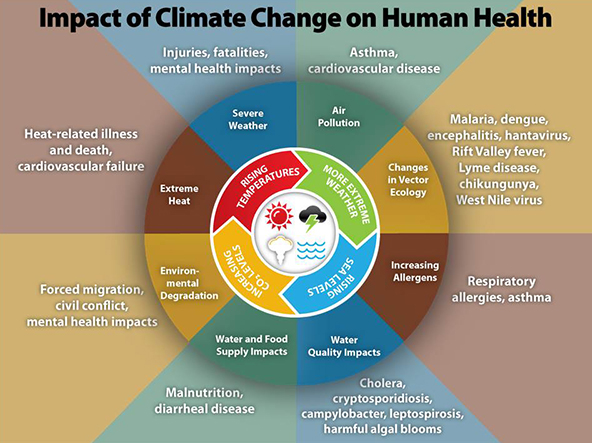
While the effects and consequences of climate change are too diverse and far-reaching, they are largely sanctioned by our industrialization, sporadic emergence of smoke-churning factories, water-polluting by-products secretly dumped into rivers, and more importantly negligence towards greenhouse emissions caused in the utilization of products we use.
Climate change has already begun to make its impact in India. The year 2015 saw a ‘second summer’ with scorching heat and unpredictably scarce rainfall. This has not only hampered the ground water levels but also laid nearly 60% of Indian agricultural market at risk. If the water levels fall further, India might be compelled to import food grains from international markets to meet the demand against scarce supplies due to famines and droughts.
Over 600 million people living in the Indus, Ganges and Brahmaputra river basins will be prone to floods when the snow-white Himalayan glaciers begin to melt due to global increase in temperature by even 2.5 degrees centigrade.
The floods that follow will wipe away population from the coastal areas of these rivers, and rising temperatures, particularly along coastal cities, would directly invite natural calamities like cyclones and storms. A Tsunami from years ago, that we are still trying to get over with will be a frequently recurring phenomenon. And when there is no proper rainfall, there is no proper hydro-power to the country that meets at least 50% of its power requirements using hydro-electricity.
Not just that, climate change is huge, and it will affect every living being on this planet, regardless of their geographical location. From melting polar ice caps to migration of birds due to changing weather, wild life is at the risk of great peril. In fact, some experts argue that at least one species is becoming extinct every week. If not controlled, a day will come when national birds and animals will only exist in pictures and memories as history.
In the words of Utah Phillips, “The Earth’s not dying, it’s being killed. And the people who are killing it have names and addresses.” If ever there was quote that personified the remorseless actions of us human beings that have caused damaged (dare I say beyond repair) then this is it.
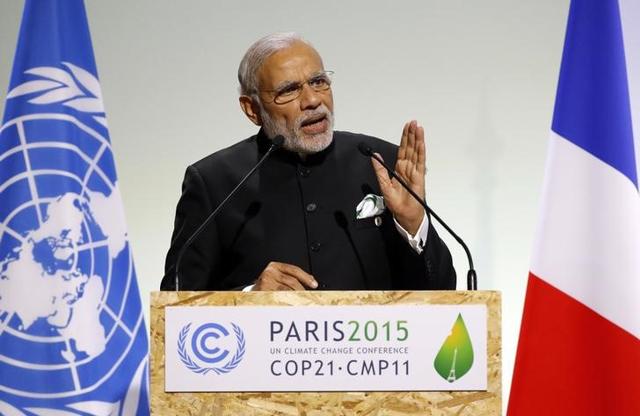
Since the very beginning of human civilization, mankind has lived in a competitive relationship with nature. The relentless and ruthless pursuit of progress, comfort and security has resulted in increased stress on environment particularly since the INDUSTRIAL REVOLUTION. Consequently, the life sustaining environment has been forced to transform more rapidly than ever before. Human tendencies to exert a negative influence on ecology have resulted into rapid increase in the green-house gases in the atmosphere, large scale deforestation, loss of biodiversity, severe land degradation and environmental pollution and thus leading to “GLOBAL WARMING”.
Imagine life in an ecosystem that is changed unpredictably, and degrading as we evolve. Weather phenomena will be nothing less than inescapable bad dreams, and its consequences would be health problems including serious weather-borne diseases.
This whole scenario will leave the country in scrambles, pulling down its GDP by 1.7%. Forget India’s trade situations in international markets as scrambling and unstable weather and unhealthy environment will badly affect both employment and tourism – two of the strongest drivetrains of country’s economy in addition to exports.
In countries like India, where there’s significant dependence on agriculture, the impact will be more as the yielding capacity of the crop takes a hit. Inflation will be another factor as the demand of the product increases but supply decreases.
Decreasing and unpredictable rainfall has shrunk several large ponds, aquatic species have become extinct, the wild life is at the risk of peril, and heat wave is scorching more parts of India than ever. The country was forced to develop its first ever Heat-wave Action Plan in 2015 to control deaths due to heat-wave.
Even the rainfall patterns have changed drastically implying famines, droughts and storms. In fact, if the global temperature rose by 4 percent, an extremely wet monsoon that could occur only once in 100 years would occur once every 10 years corroding most opportunities of farming, agriculture and in many cases leading to millions of casualties. These are direct signs and consequences of climate change that we fail to realize. The tinted glasses of modernization and the restless urge to evolve has earned us the dreaded label as the “third largest emitter” of greenhouse gases in the world.
In India, climate change is still seen as internally irrelevant by majority of the community, but its time we look beyond the bright spots and into the shady corners. If we do not act in time, it will not be too long before heat waves in India become the deadliest in the world, Tsunamis turn into a recurring phenomenon and the country faces its worst economic, social and health crises ever.
The U.N. Intergovernmental Panel on Climate Change has already warned that India is getting hotter and now stands at a greater risk of droughts, water shortages and deaths due to extreme weather.
The solution is simple yet comprehensive. It takes two to tango. Climate change cannot be averted instantly but it can definitely be thwarted. Using cleaner and renewable energy sources to power our homes, automobiles and devices, building greener and energy efficient homes and offices, reducing utilization of devices that release heat-trapping gases, multiplying forest cover as a religious duty, employing environment-friendly procedures in factories to check pollution levels, decreasing plastic consumption and working every way forward to a low-carbon future will significantly bring down chances of prematurely meeting with the end of the world.
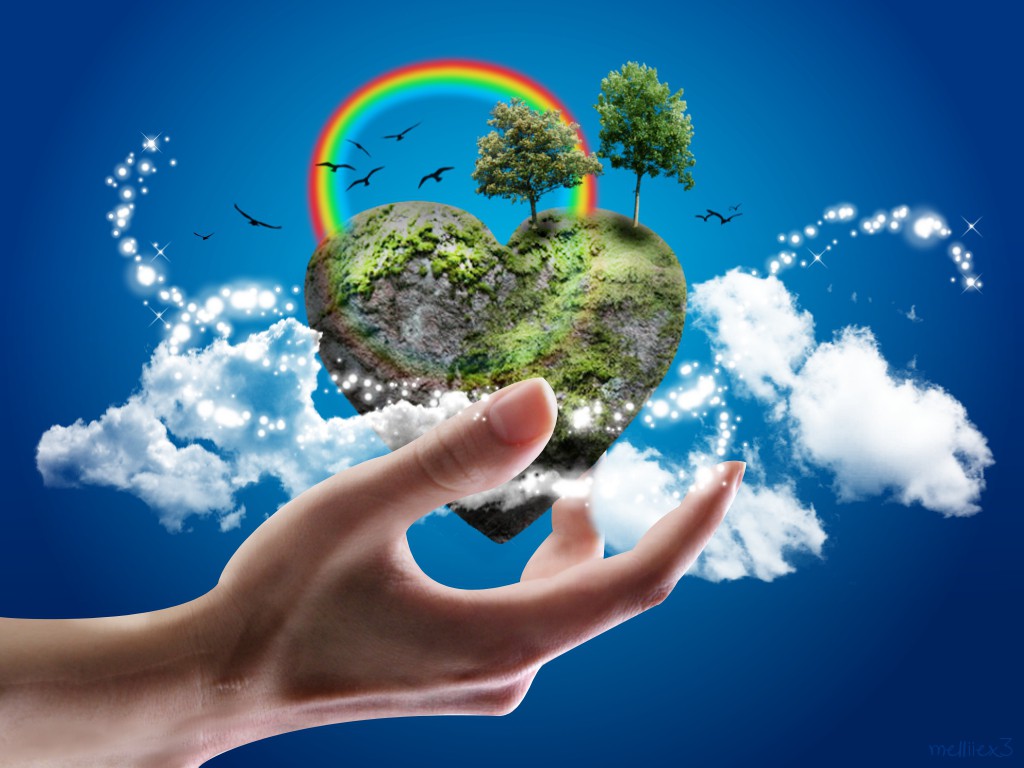
Two parties are responsible for this due process. The government, which is already on its toes with the National Action Plan on Climate Change (NAPCC) and the citizens who bear an innate responsibility to contribute in protecting the only planet that supports their existence and life.
The government and civil society organizations can take responsibility of creating awareness. To begin with, just turning off the vehicles at traffic signals on red light will prevent tons of carbon monoxide from adding into the atmosphere. Imagine a building that is producing all the energy it needs using solar panels, or an industry relying on sideway windmills for its power. There will no need to burn fuel or choke the atmosphere to power these anymore. These are the greatest pollutants and stopping them from being irresponsible towards mother nature will mean a significant achievement.
India has given its INDC stating that 40% of the energy in the future will come from non-fossil fuels in the future (by 2030). 2.5-3 billion tons of carbon-dioxide will be controlled through afforestation. In conclusion, our planet is in danger or is rather in the verge of inevitable extinction lest we act swiftly in a methodical manner. We must responsibly ask ourselves:
Are we doing enough to save it? It remains the big question. The recently concluded Paris Climate Summit does offer a glimmer of hope for us as countries have now become more proactive in the implementation of programs and acts related to Climate Change.
I believe it’s never too late to start something good. Hopefully, the Paris Climate summit will act as the foundation for building a greener and safer environment to live in, not just for us but for our future generation as well. Like the legendary pop icon Michael Jackson sang “Heal the world make it a better place for you and for me and the entire human race.” And it begins with You.
The writer is a MBA in the making, passionate about cricket and can be reached at syedaquilfarhan@gmail.com or +91-7207852338
 Gawah (The Witness) – Latest News, Current Affairs, Politics, Sports, Religion, Literature, Technology, Education, National, Local – Hyderabad Telangana India World Fearless By Birth, Pristine by Choice – First National Urdu Weekly From South India – Latest News, Breaking News, Special Stories, Interviews, Islamic, World, India, National News
Gawah (The Witness) – Latest News, Current Affairs, Politics, Sports, Religion, Literature, Technology, Education, National, Local – Hyderabad Telangana India World Fearless By Birth, Pristine by Choice – First National Urdu Weekly From South India – Latest News, Breaking News, Special Stories, Interviews, Islamic, World, India, National News

